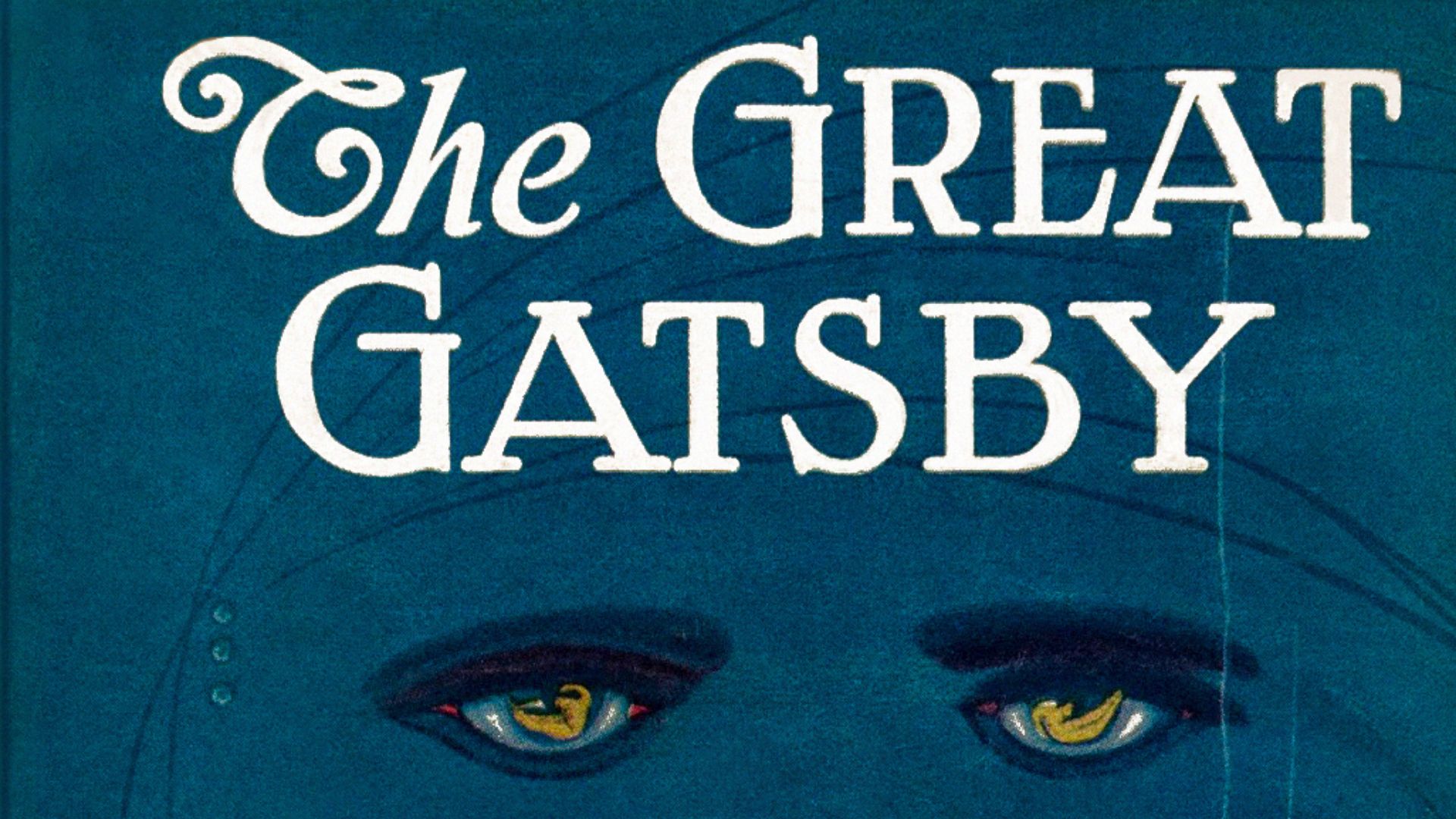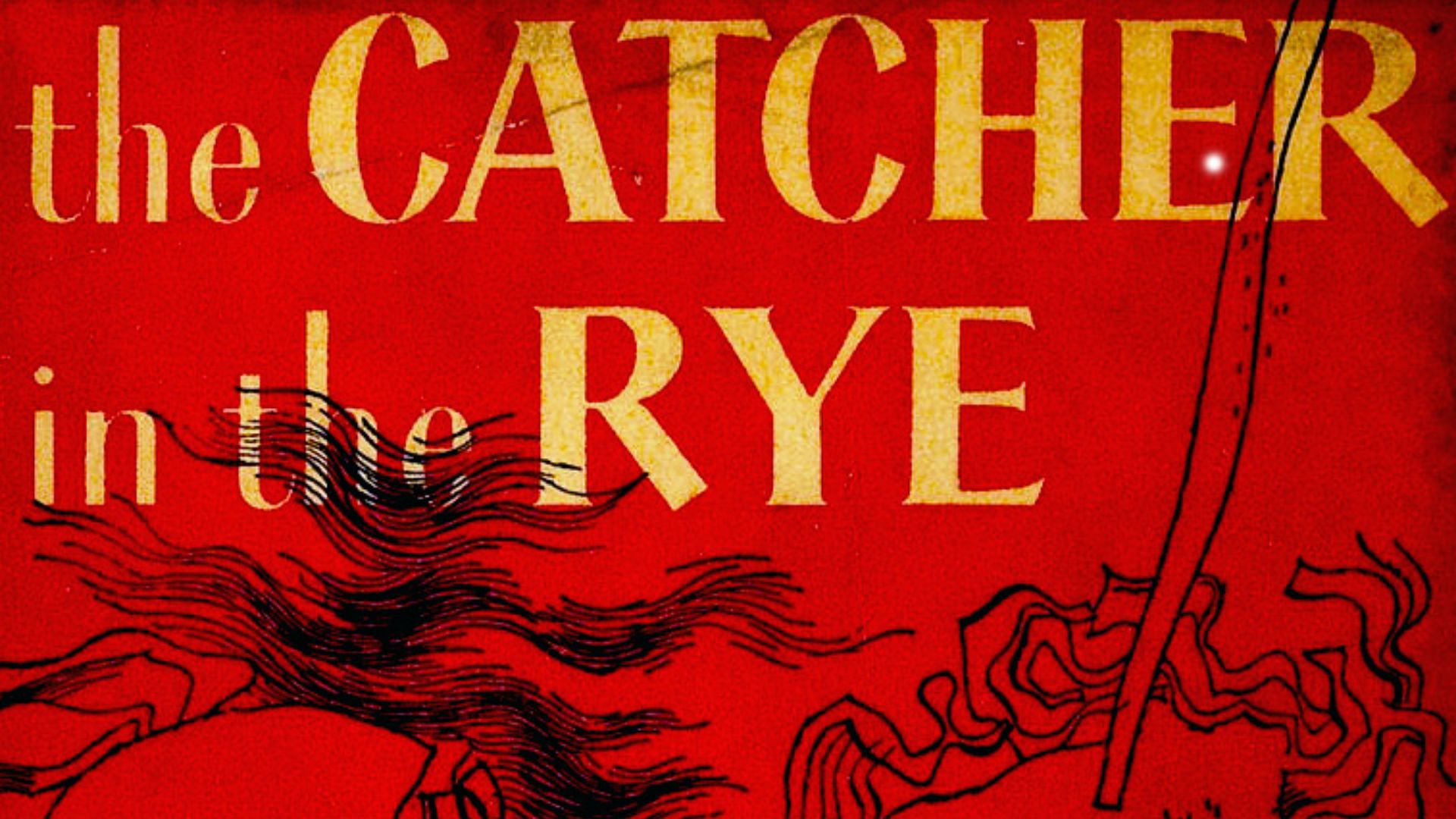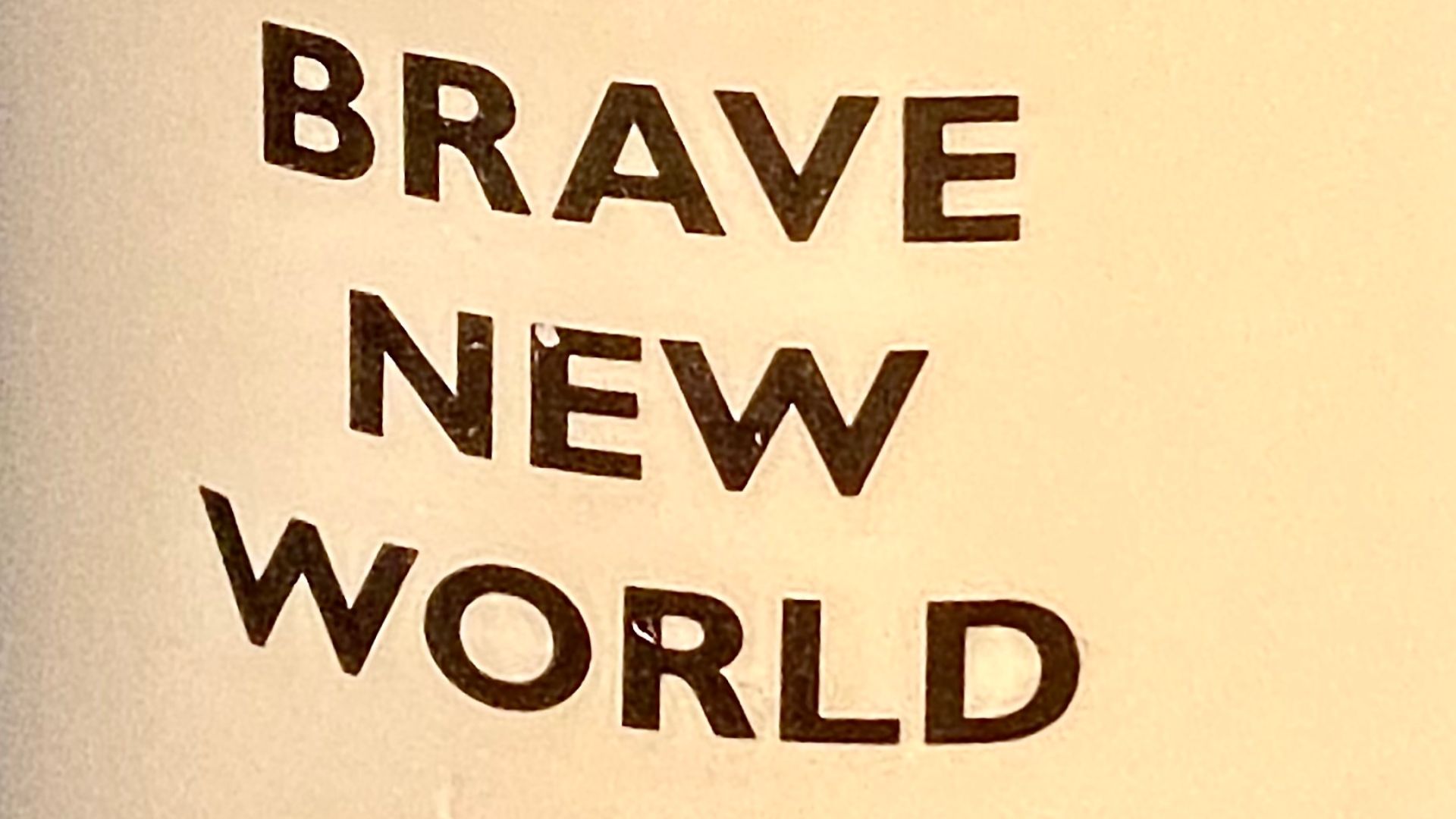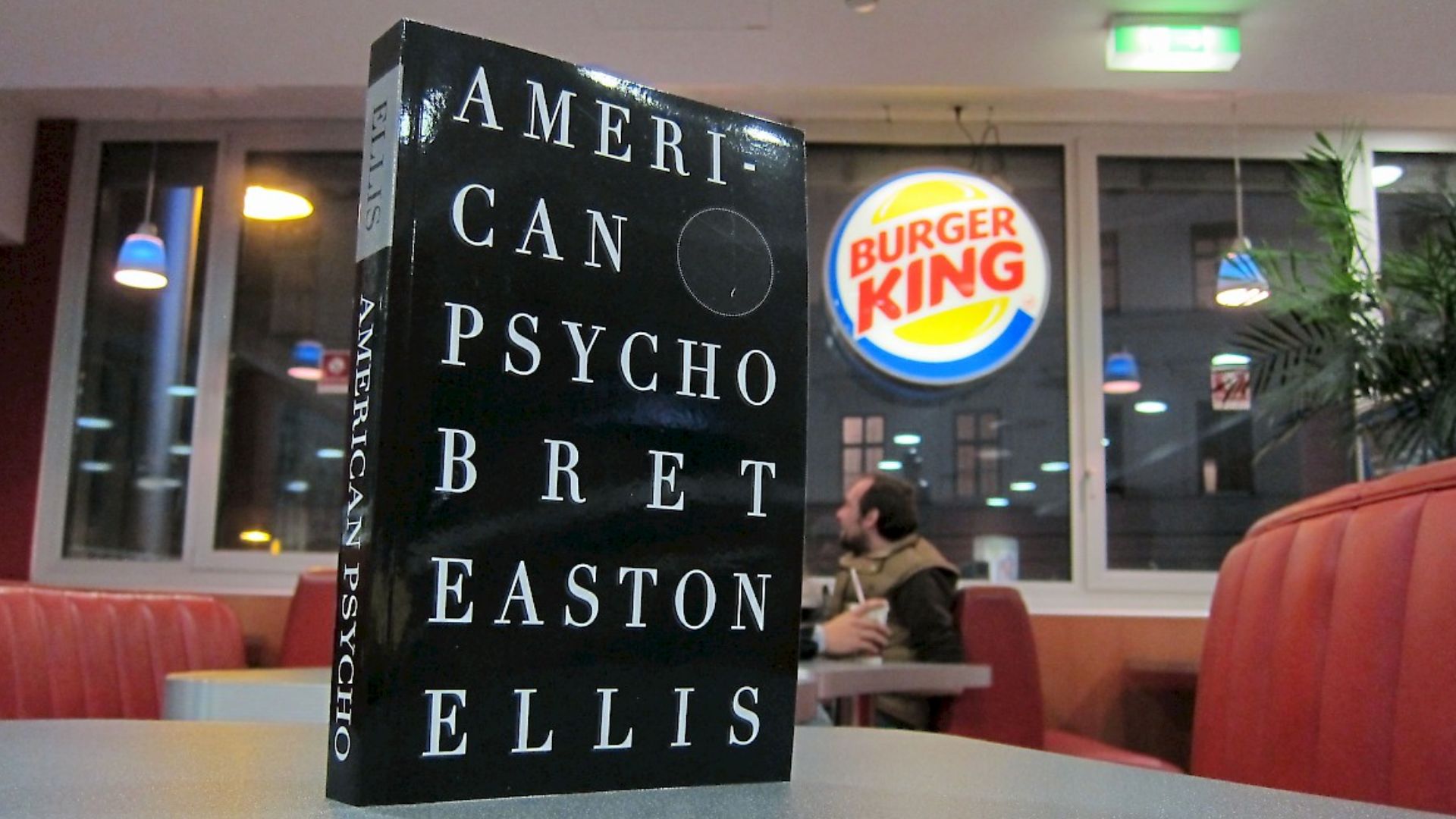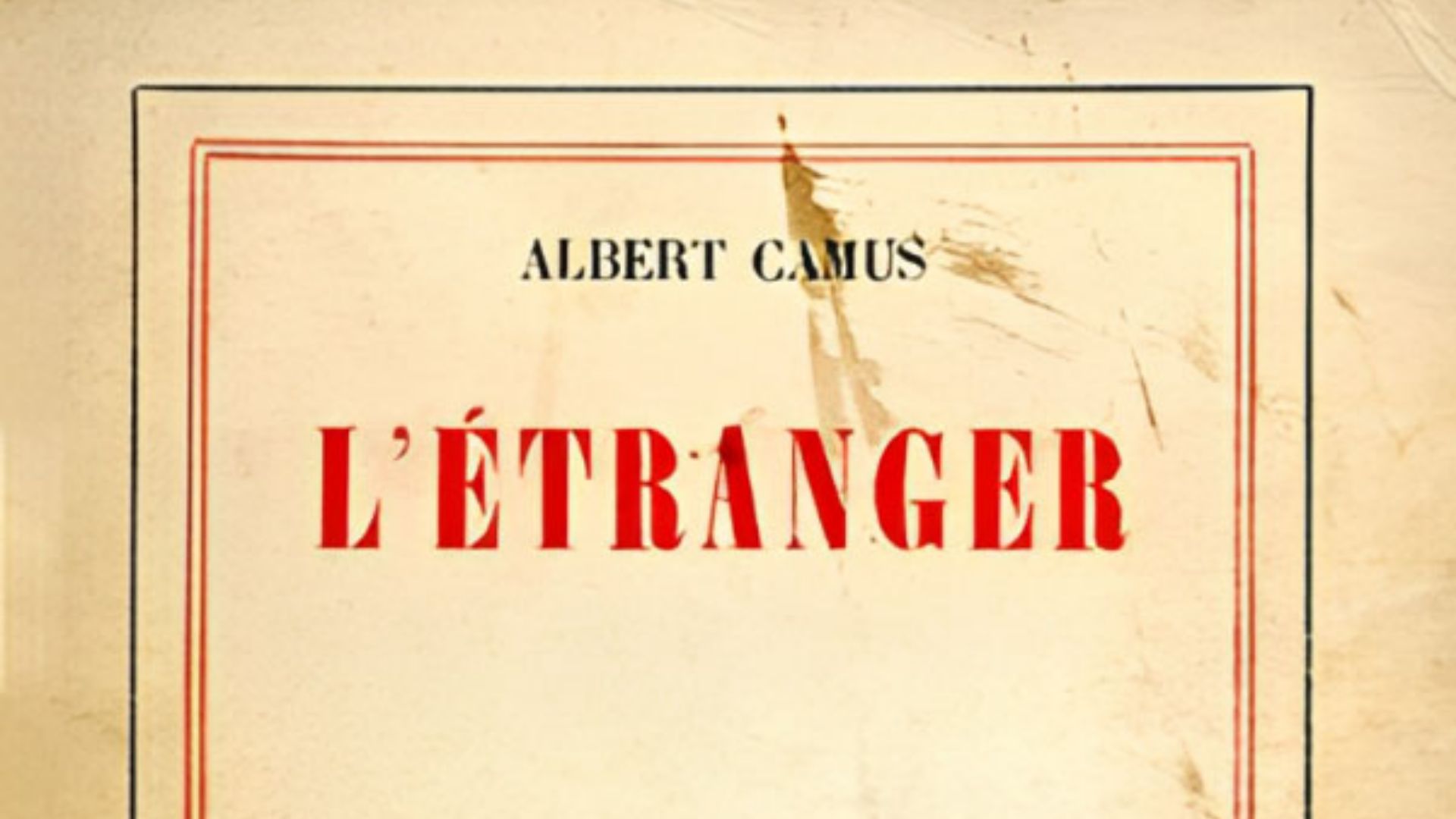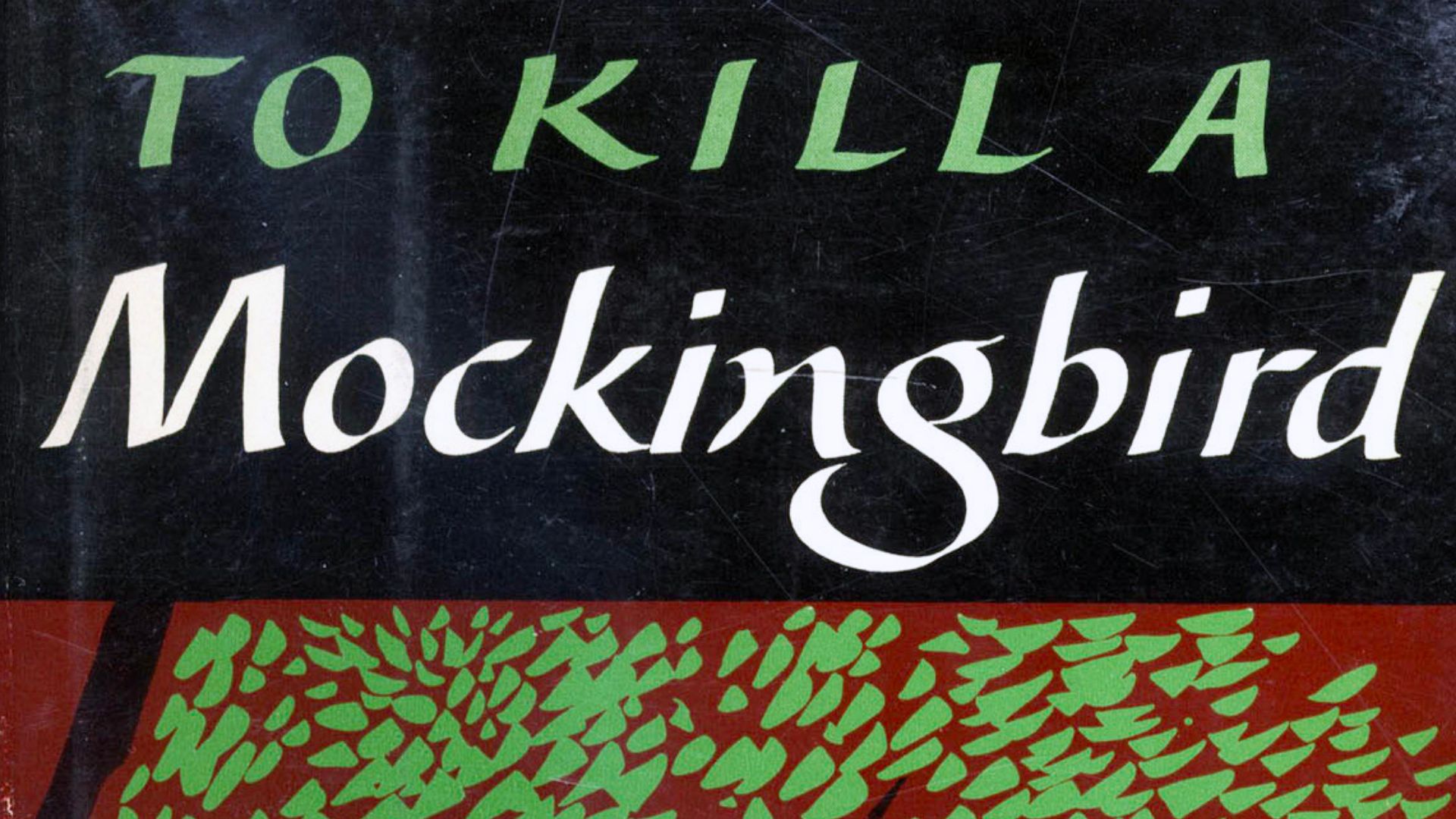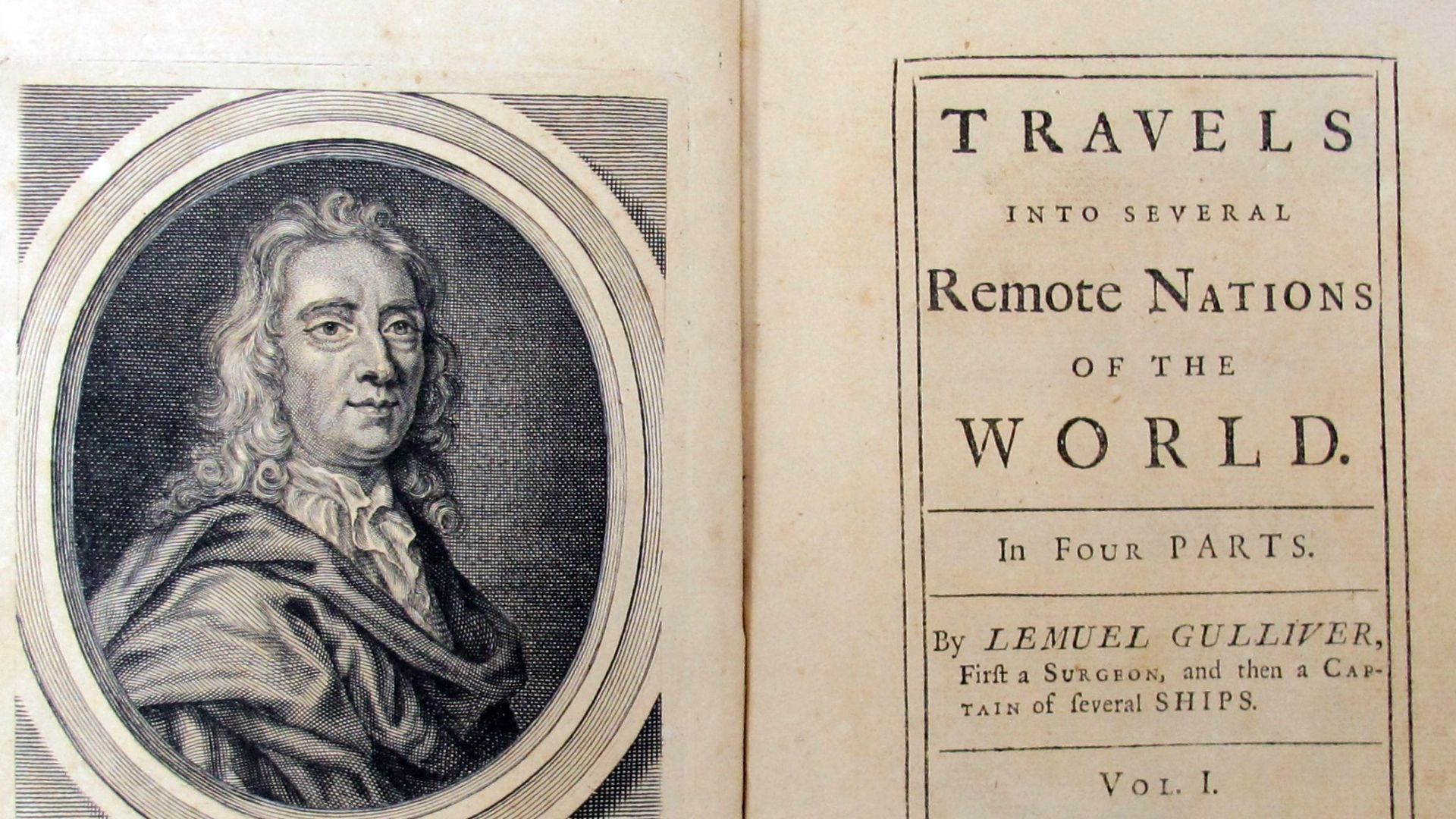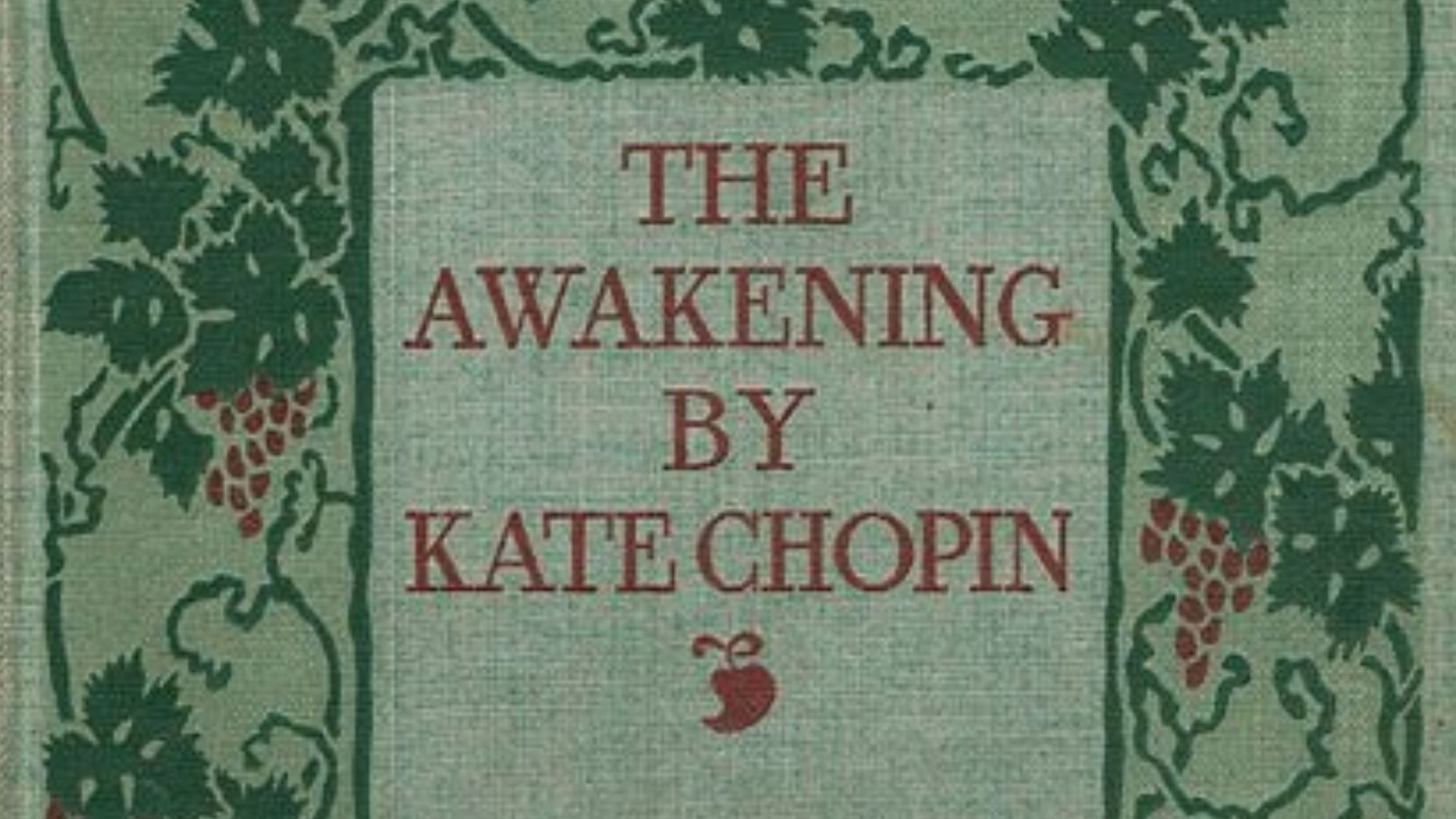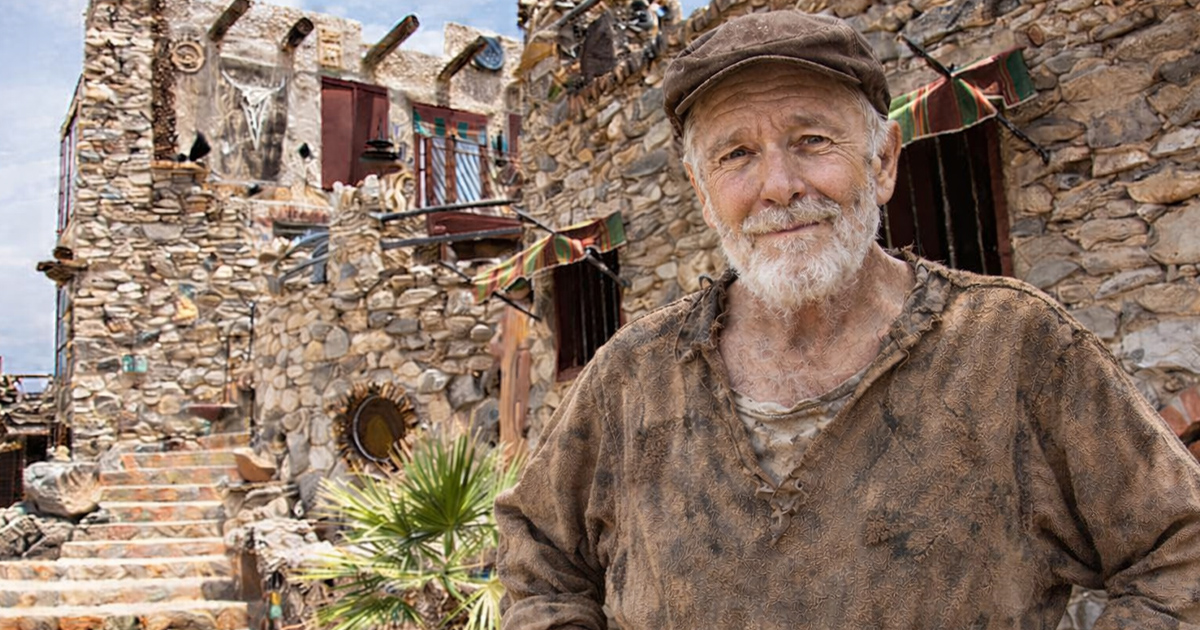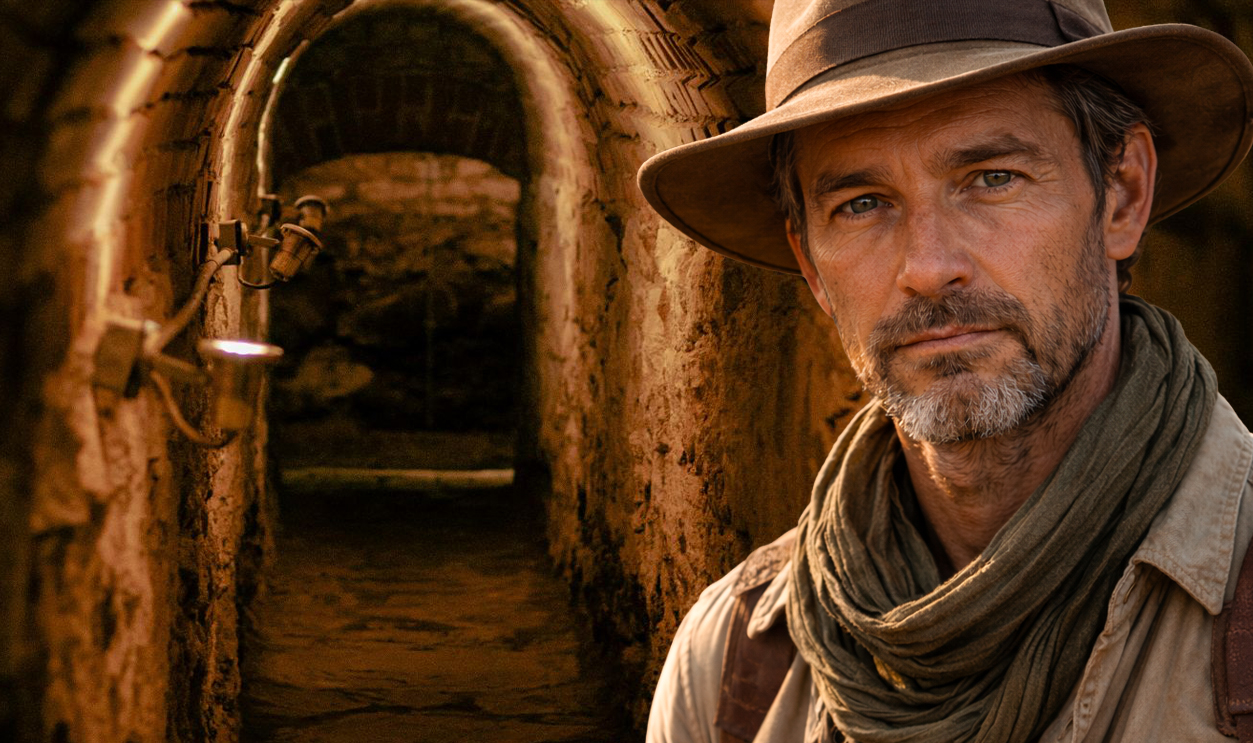Books That Meant Something Very Different
Some books get famous for all the wrong reasons. We quote them in memes or just totally miss the point in English class. But beneath the surface of these familiar titles lies something richer.
The Great Gatsby By F Scott Fitzgerald
Behind the glittering parties and longing glances lies a quiet indictment of 1920s excess. Gatsby's pursuit is about illusion and the hollowness beneath wealth. Fitzgerald strips away the myth of the self-made man and leaves readers staring into a dream that was never truly theirs to begin with.
Lolita By Vladimir Nabokov
Framed by a master manipulator, this isn't a romance novel. Lolita is a study in control. Nabokov's language dazzles, but it's a veil, concealing a story of trauma and theft of innocence. The real horror is what's omitted and rationalized by a narrator who charms while destroying lives.
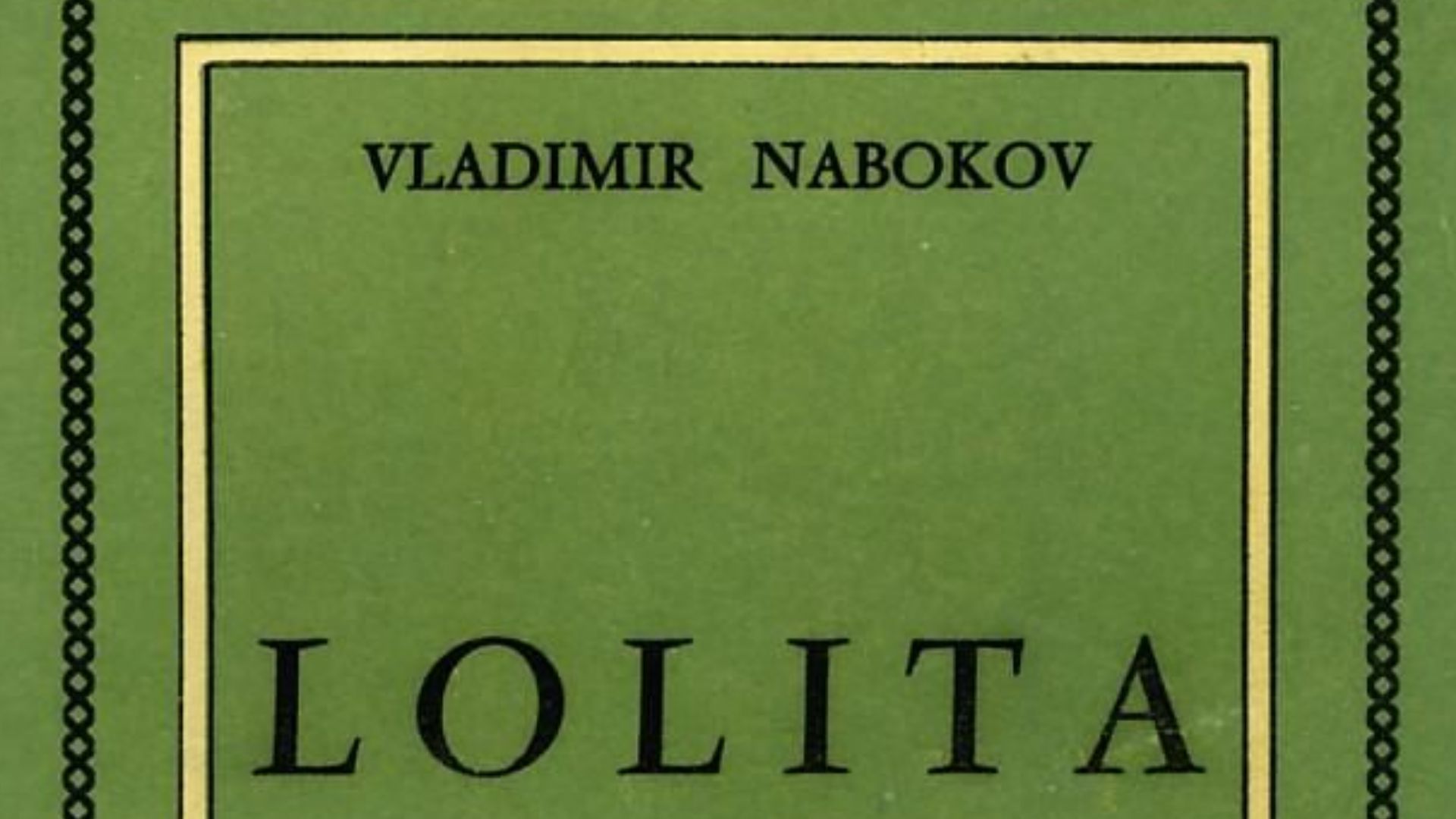 Olympia Press, Wikimedia Commons
Olympia Press, Wikimedia Commons
Animal Farm By George Orwell
Disguised as a children's fable, this novella delivers a blow-by-blow account of revolution soured by power. Orwell delivers an allegory of the Russian Revolution, where pigs like Napoleon mirror Stalin's rise to show how noble causes decay into tyranny and self-interest.
 Unknown authorUnknown author, Wikimedia Commons
Unknown authorUnknown author, Wikimedia Commons
The Catcher In The Rye By J D Salinger
Holden Caulfield is a young man buckling under emotional collapse. Between the insults and aimless wanderings lies a raw exploration of alienation and the failure of adults to listen. It's a survival story told in whispers, not shouts, and that's why it still resonates.
Fight Club By Chuck Palahniuk
This novel doesn't glorify violence but dissects what happens when meaning collapses. The underground fights are desperate reactions to a life of numb routine and empty branding. Palahniuk builds a world where men search for identity in destruction, only to find they've been fighting shadows the whole time.
 FIGHT CLUB by Chuck Palahniuk | BOOK REVIEW by Little Book Owl
FIGHT CLUB by Chuck Palahniuk | BOOK REVIEW by Little Book Owl
1984 By George Orwell
Orwell's nightmare envisions a world where truth and thoughts are controlled by authoritarian regimes. Many believe 1984 is about surveillance, but it's more of a psychological conquest. The terrifying power of 1984 lies in its depiction of how people can be made to betray memory and even love.
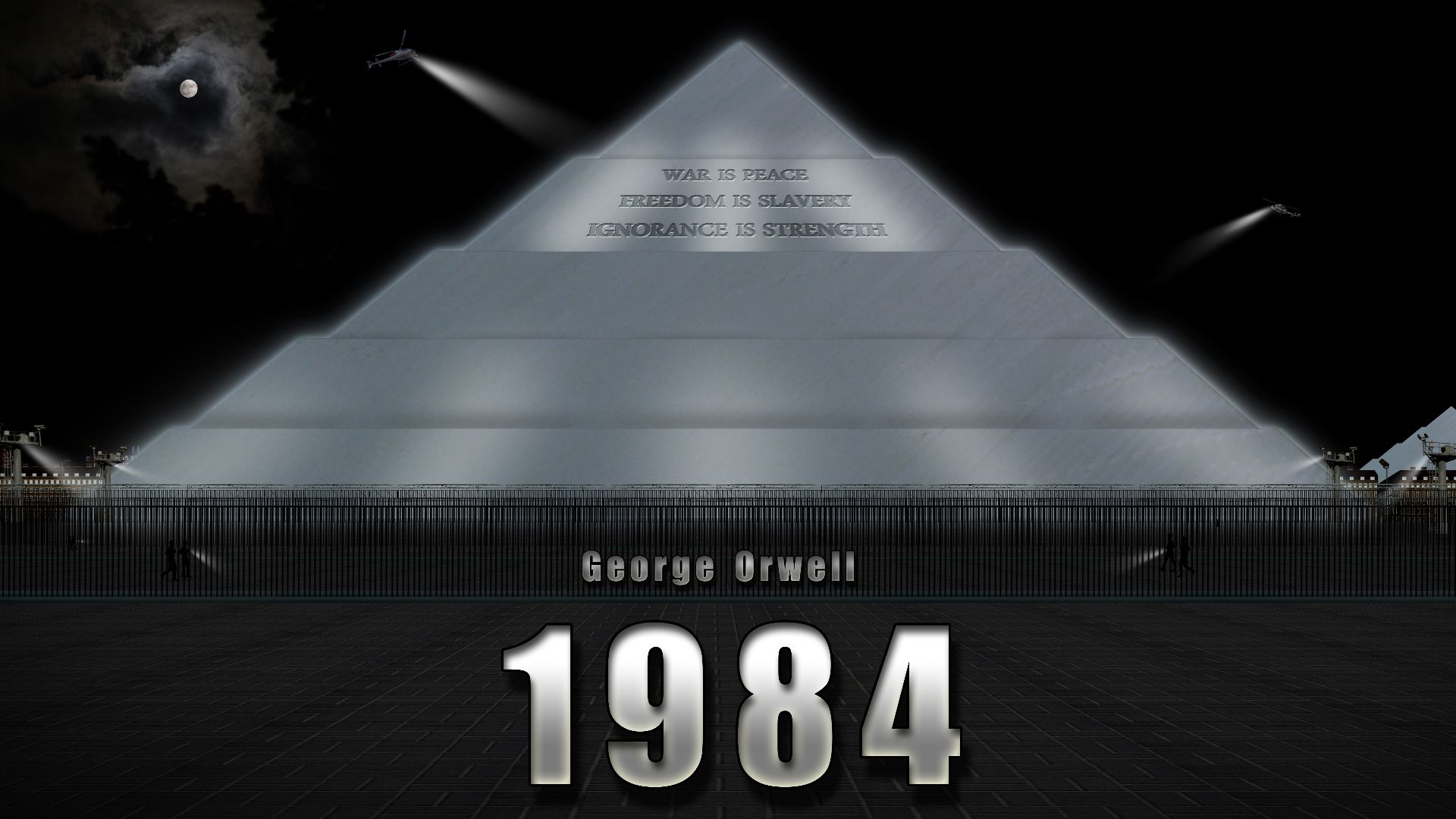 Jordan L'Hote, Wikimedia Commons
Jordan L'Hote, Wikimedia Commons
The Prince By Niccolo Machiavelli
Often caricatured as a ruthless playbook for dictators, this Renaissance manual is far more nuanced. Machiavelli was mapping the brutal reality of politics as it was, not as it should be. In unstable times, he argued, survival sometimes requires action no idealist would dare condone.
 The Prince by Nicolo Machiavelli - Book Review by Odolena Kostova (Odolena Digital)
The Prince by Nicolo Machiavelli - Book Review by Odolena Kostova (Odolena Digital)
Brave New World By Aldous Huxley
Unlike Orwell's harsh regime, Huxley's dystopia lulls its citizens into submission with comfort and engineered happiness. The loss of freedom is welcomed as the book critiques a culture that chooses distraction over depth. It offers a chilling vision of control through sedation.
Lord Of The Flies By William Golding
This isn't about naughty schoolboys stranded on an island. It's a grim meditation on what civilization suppresses. Golding strips away structure to expose how quickly the thin veil of order collapses. The boys' descent is disturbingly plausible, asking whether savagery is our nature or merely a breath away.
 I barely survived Lord of the Flies by William Golding by ToriTalks
I barely survived Lord of the Flies by William Golding by ToriTalks
Frankenstein By Mary Shelley
More philosophical than monstrous, Shelley's novel probes the cost of unchecked ambition and emotional neglect. The creature isn't born evil, but he's shaped by rejection and loneliness. This is a cautionary tale about scientific hubris and the need to be seen and accepted.
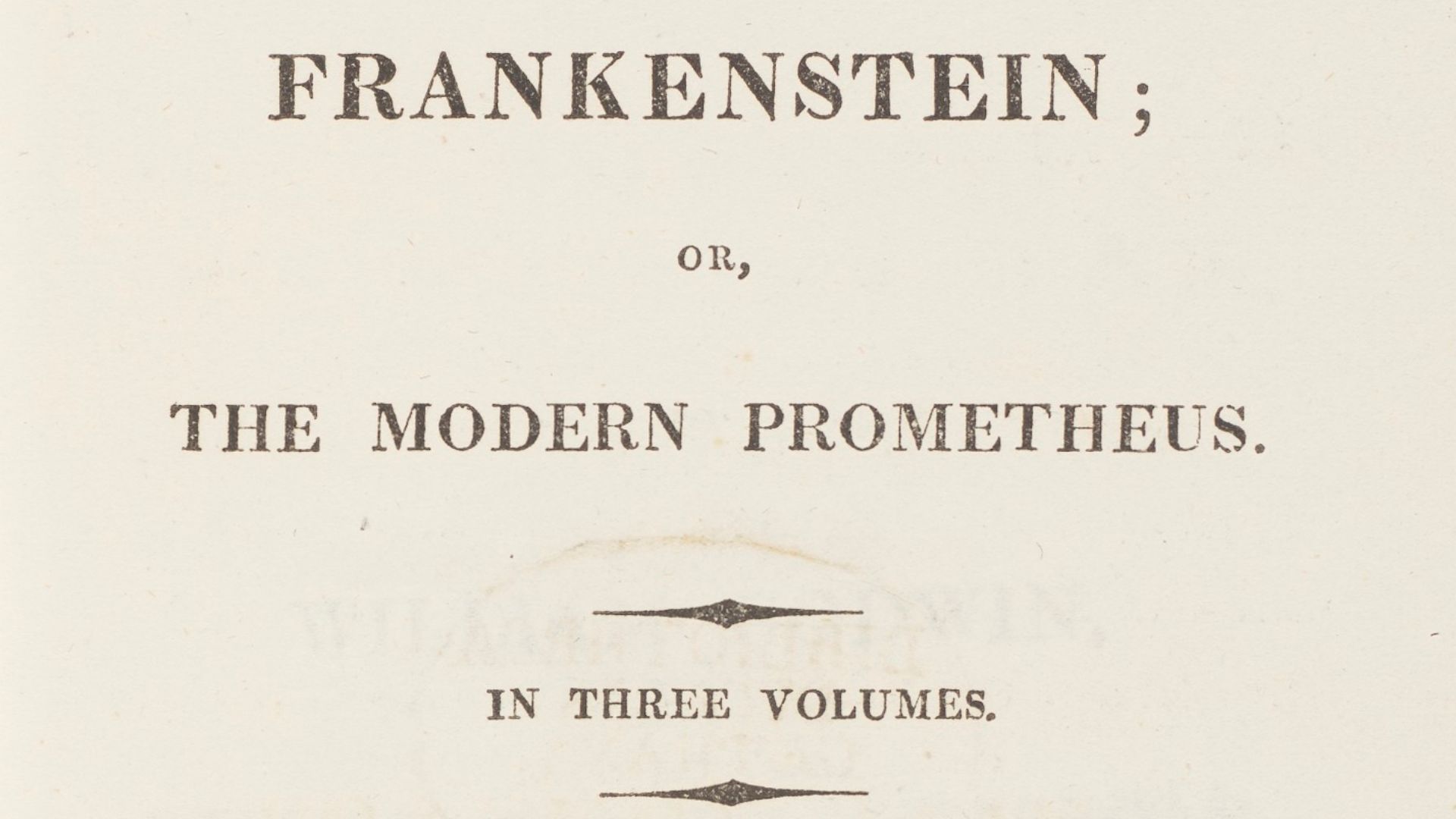 Mary Shelley, Wikimedia Commons
Mary Shelley, Wikimedia Commons
A Clockwork Orange By Anthony Burgess
Violence dominates the surface, but the core dilemma is deeper: should we be forced to be good? Burgess explores the clash between free will and authoritarian reform. Stripping Alex of choice makes him less than human and challenges the reader to consider if morality still exists without the freedom to choose.
 Book Review: A CLOCKWORK ORANGE by Anthony Burgess by Jordan Elizabeth Borchert
Book Review: A CLOCKWORK ORANGE by Anthony Burgess by Jordan Elizabeth Borchert
American Psycho By Bret Easton Ellis
Under the designer suits and corporate gloss lies a soulless void. Patrick Bateman's carnage is less about thrill and more about numb detachment in a culture obsessed with status. The violence repels, but the real critique is aimed at a society that can't tell a sociopath from a rising star.
The Stranger By Albert Camus
Often labeled as cold or nihilistic, this novel is actually a reflection of life's absurdity and the refusal to pretend otherwise. Meursault doesn't mourn or fake grief, and for that, he's condemned. Camus asks: what happens when someone lives without the lies that comfort the rest of us?
Atlas Shrugged By Ayn Rand
This book is often misread as celebrating greed. However, it defends rational self-interest and individual achievement. Rand's world speaks of a society collapsing under collectivist pressure, where creators and thinkers withdraw in protest. It's not an easy read, but it's a bold attempt to dramatize her controversial philosophy of rational self-interest.
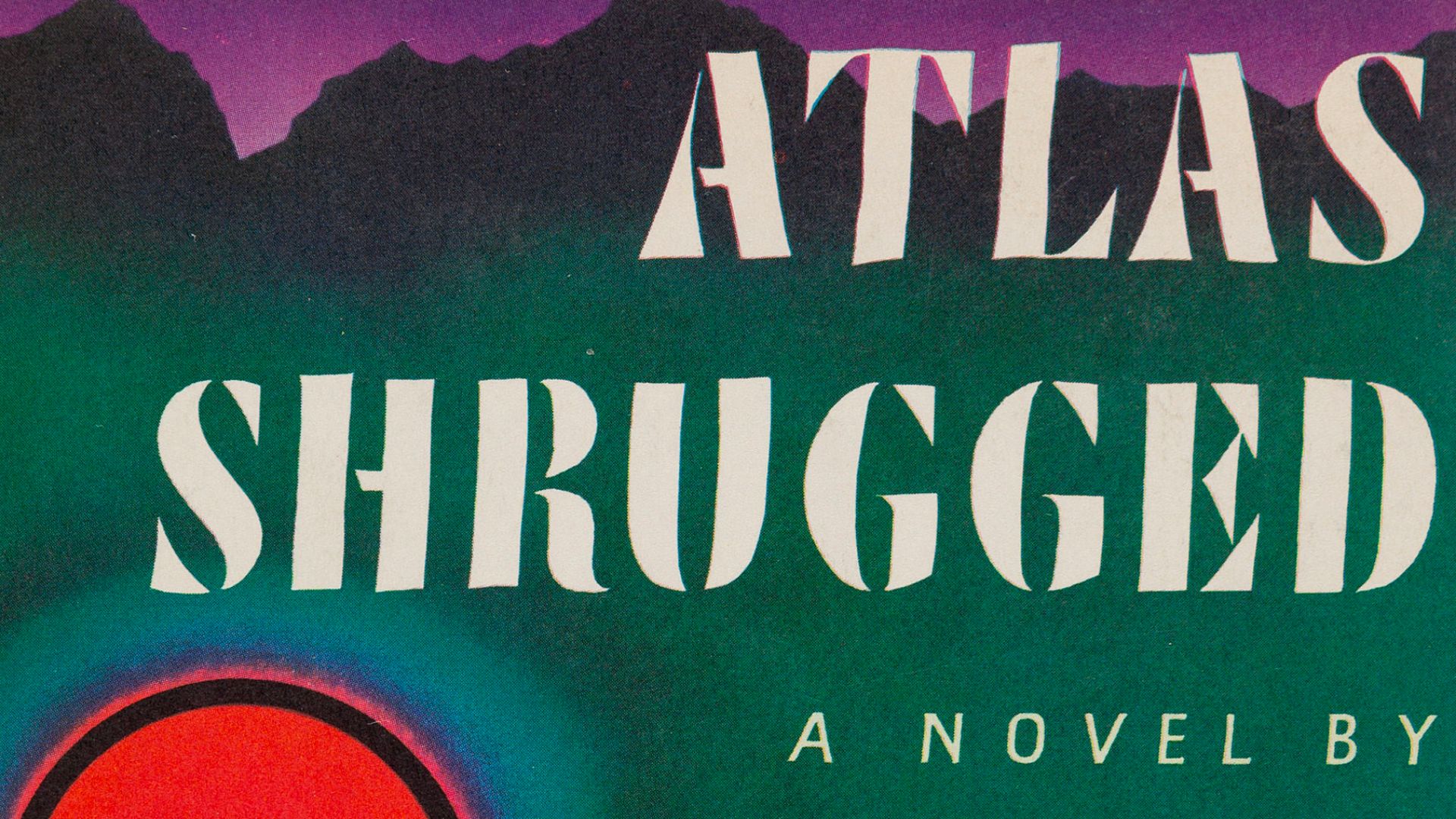 Published by Random House. Jacket design by George Salter., Wikimedia Commons
Published by Random House. Jacket design by George Salter., Wikimedia Commons
On The Road By Jack Kerouac
It's been romanticized as a carefree travelogue, but the novel's restless momentum hides a spiritual crisis. Sal and Dean are running from disconnection and postwar disillusionment. Kerouac highlights the beauty of movement but also the aching truth that no road trip can outrun emptiness.
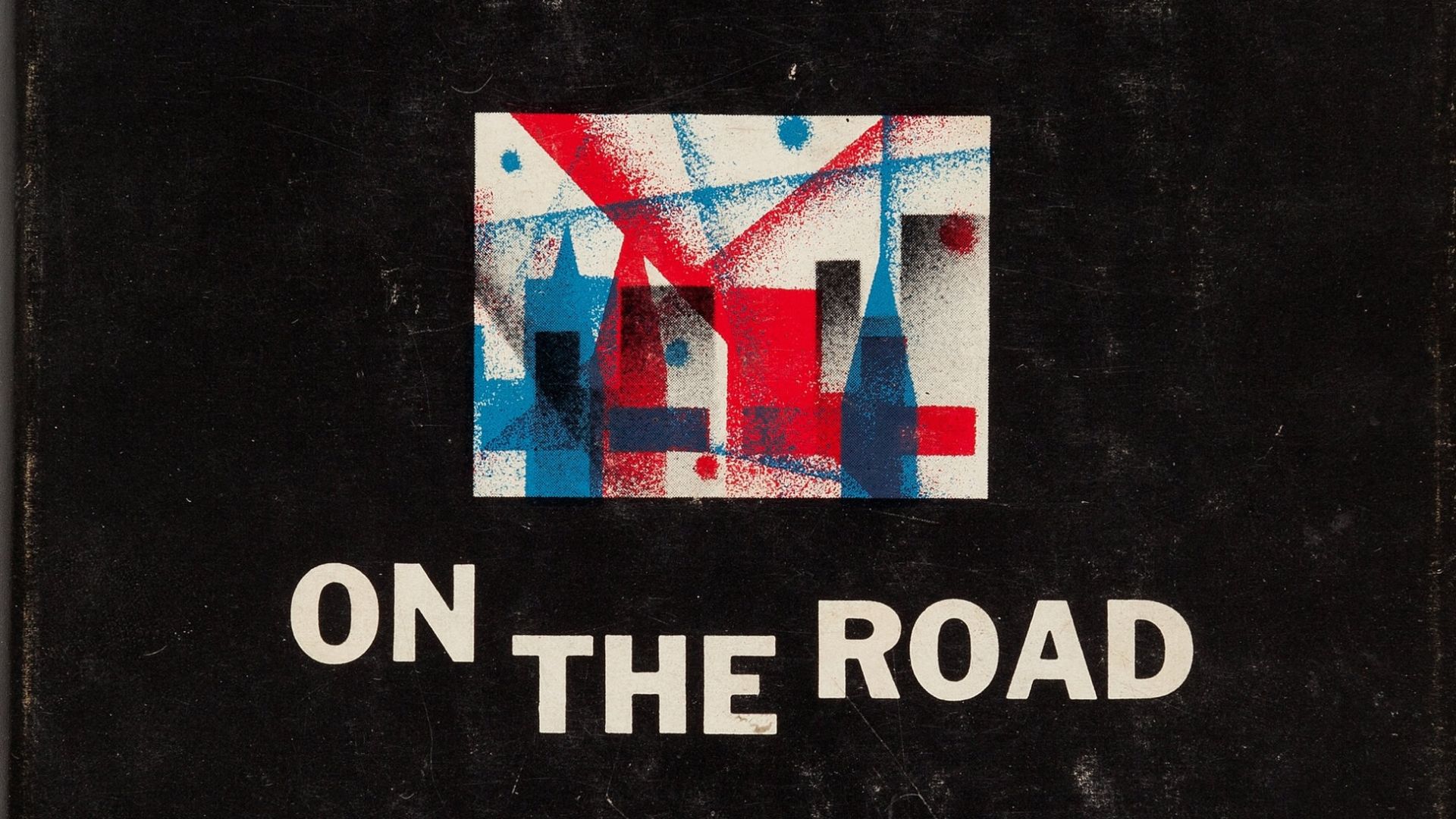 Jacket design by Bill English, Wikimedia Commons
Jacket design by Bill English, Wikimedia Commons
Wuthering Heights By Emily Bronte
Wuthering Heights is more than a sweeping love story. As a psychological battlefield, it speaks of Heathcliff and Catherine's bond, which is raw and obsessive. Bronte's Moorland tale explores the destructive passion and the emotional inheritance passed between generations. It's haunting because it shows love at its ugliest.
The Metamorphosis By Franz Kafka
Gregor Samsa's transformation into a giant insect is symbolic alienation made literal. His body changes, but it's his family's swift rejection that stings most. Kafka reveals how quickly people discard what they don't understand, turning the monstrous into a mirror for isolation and shame.
 Franz Kafka's The Metamorphosis review by Rosendo Martinez
Franz Kafka's The Metamorphosis review by Rosendo Martinez
Heart Of Darkness By Joseph Conrad
Too often read as an exotic jungle tale, Conrad's novella is a dense examination of colonial cruelty. The deeper into the Congo Marlow travels, the more he exposes the madness at the heart of the empire. His words show how civilization hides savagery behind silk and ceremony.
 Heart of Darkness by Joseph Conrad 🇬🇧 BOOK REVIEW by JuanReads
Heart of Darkness by Joseph Conrad 🇬🇧 BOOK REVIEW by JuanReads
Jane Eyre By Charlotte Bronte
Although many consider this a Victorian romance, Jane Eyre is more of a bold declaration of a woman's right to choose herself. Jane isn't swept away by love; she walks toward it on her terms. Bronte creates a story of integrity and self-respect that challenged the norms of her time—and still does.
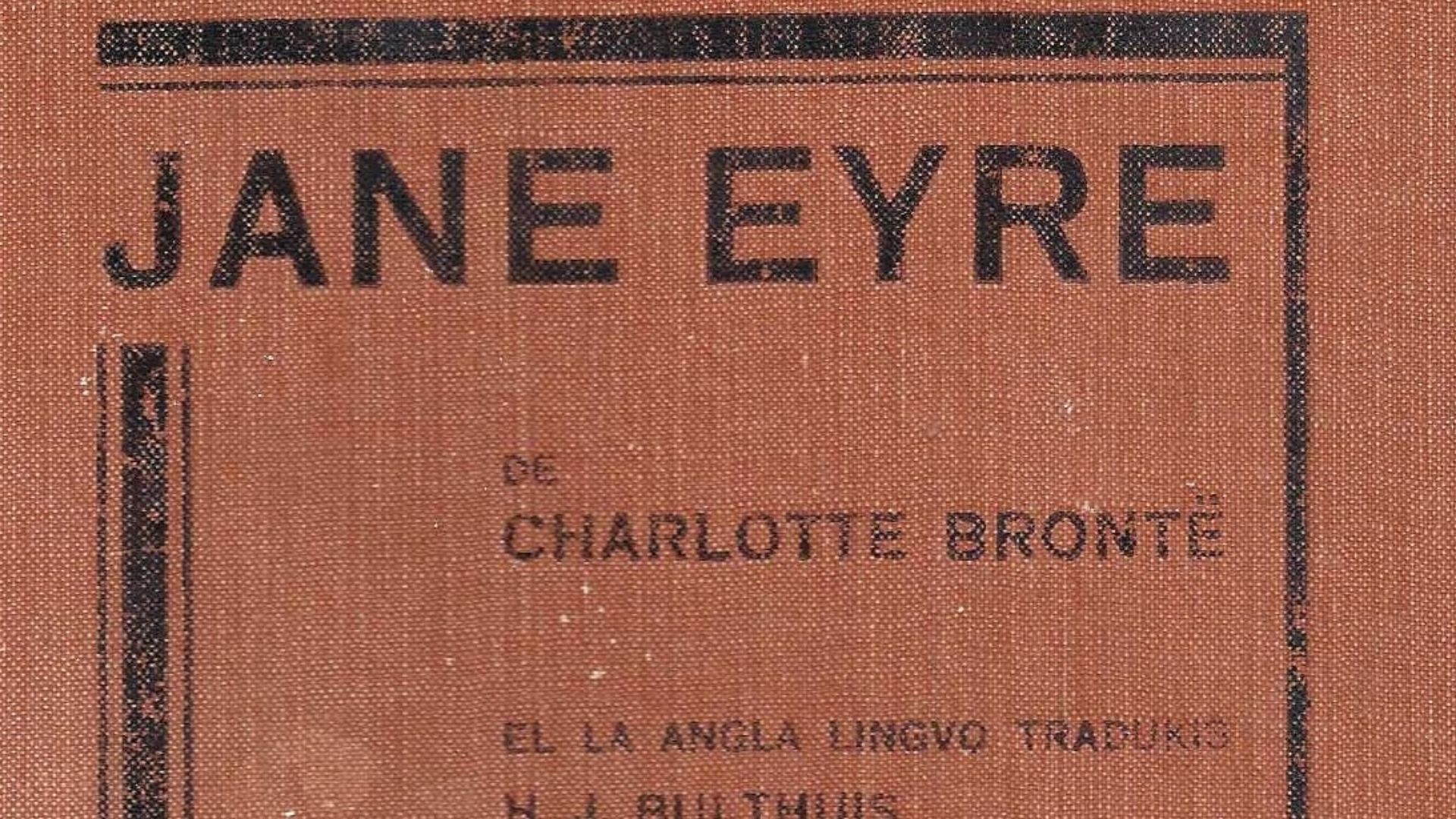 Charlotte Bronte, Wikimedia Commons
Charlotte Bronte, Wikimedia Commons
A Modest Proposal By Jonathan Swift
Yes, it suggests eating babies. No, it isn't serious. Swift's sharp satire was aimed at the indifference of British elites toward Irish poverty. By pushing cruelty to its absurd extreme, he forces readers to confront the brutality of policies that treat humans as economic problems, not people.
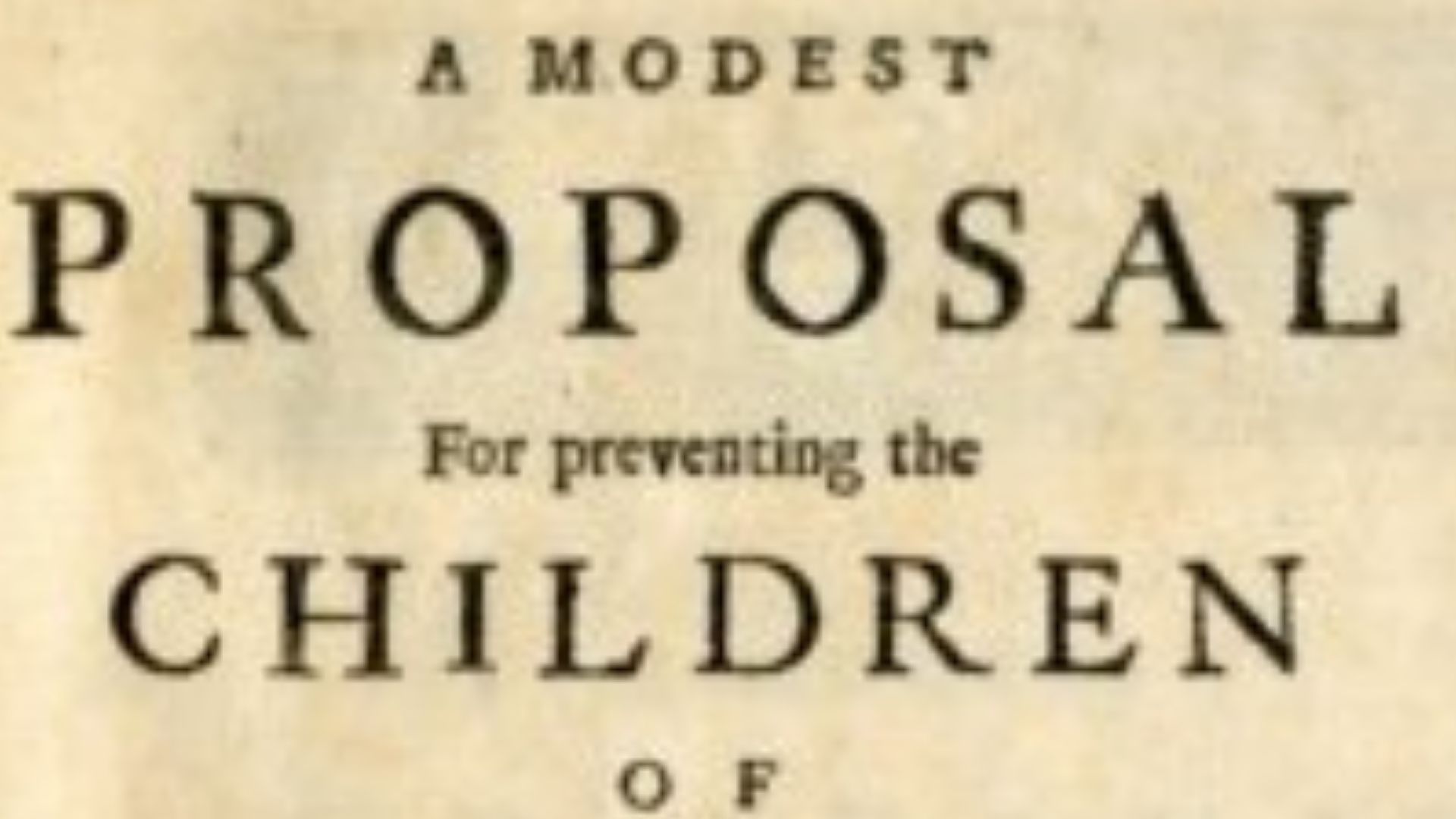 Jonathan Swift, Wikimedia Commons
Jonathan Swift, Wikimedia Commons
Catch-22 By Joseph Heller
Instead of a military conflict comedy, Heller wrote a paradox that exposes the machinery of madness. In Catch-22, logic spirals until survival itself becomes impossible. Bureaucracy replaces reason, and soldiers are trapped in loops of contradiction. It's about how the system makes horror feel normal.
 Book Review: Catch-22 by Joseph Heller by Flirting with Disaster
Book Review: Catch-22 by Joseph Heller by Flirting with Disaster
Lord Of The Rings By J R R Tolkien
It's far more than a fantasy adventure. Tolkien's epic is a meditation on sacrifice and resisting temptation. Power doesn't uplift his heroes but burdens them. Readers go on a journey with Frodo, where he endures hardship for something greater. Magic fills the world, but it's moral courage that saves it.
 vlog ☁ I read Lord of the Rings for the first time! by Christy Anne Jones
vlog ☁ I read Lord of the Rings for the first time! by Christy Anne Jones
To Kill A Mockingbird By Harper Lee
Most remember the courtroom and the lessons on race, but Scout's story runs deeper. It's about disillusionment and witnessing how good people sometimes fail to stand tall. Lee gently peels back the layers of Southern gentility to reveal the quiet violence of prejudice hiding in plain sight.
The Bell Jar By Sylvia Plath
Esther Greenwood's descent is a stark portrayal of mental illness in a world that doesn't care to understand it. Plath captured the numb terror of depression with clarity that still unsettles. This is a cry for recognition wrapped in clinical precision and lyrical restraint.
 The Bell Jar - Sylvia Plath / Folio Society Reviews by Pontus Presents
The Bell Jar - Sylvia Plath / Folio Society Reviews by Pontus Presents
Don Quixote By Miguel De Cervantes
The aging knight tilting at windmills has become a symbol of foolishness, but Cervantes crafted something far richer. It's a critique of romantic idealism, yes—but also a defense of it. Quixote's madness reveals the world's dullness. In chasing a fantasy, he exposes a society that's forgotten how to dream.
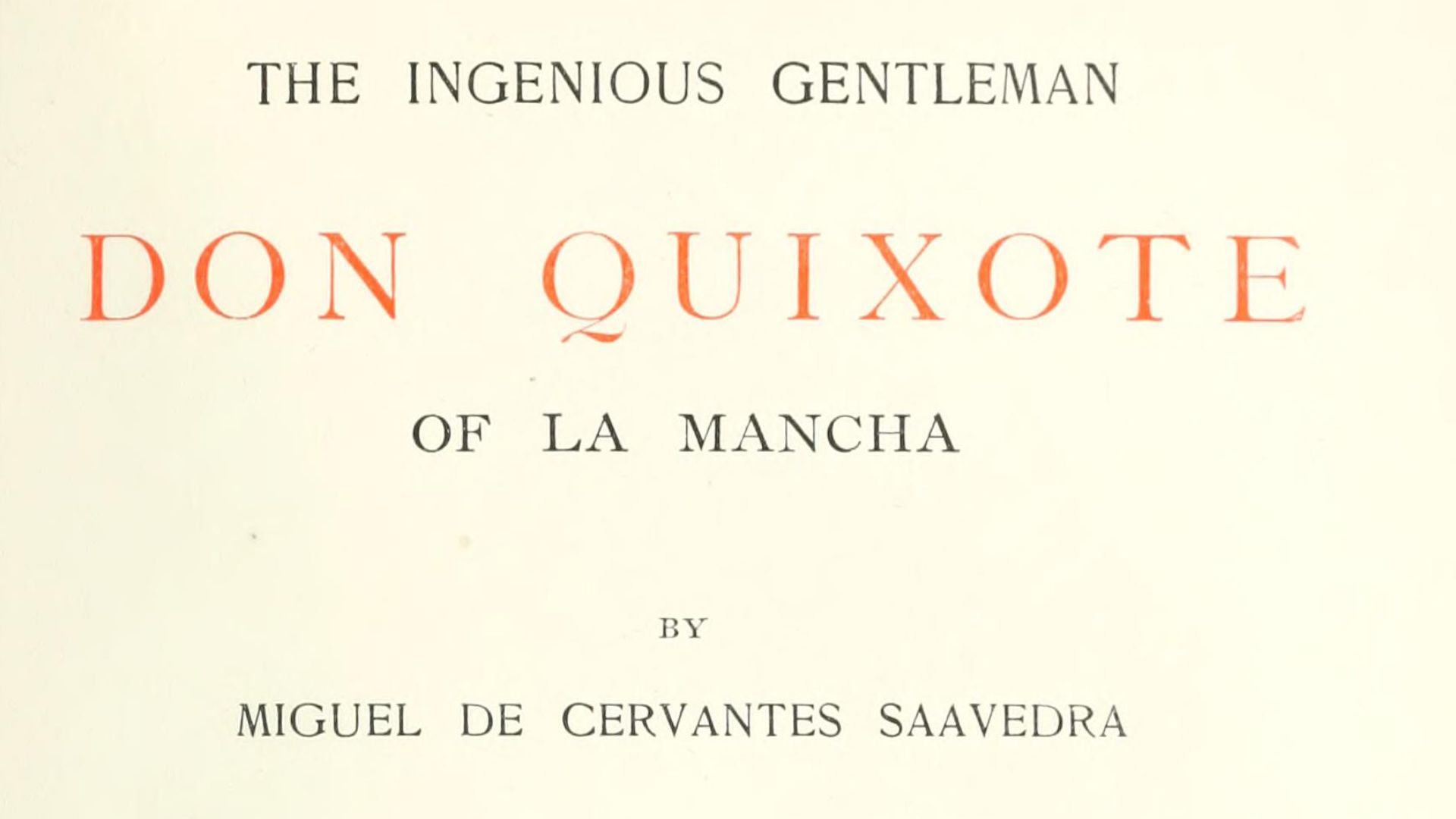 John Ormsby, Wikimedia Commons
John Ormsby, Wikimedia Commons
Ulysses By James Joyce
For those who push through the experimental haze, Ulysses rewards them with something quietly profound. Through a stream of consciousness and mythic parallels, Joyce speaks of the intricacies of thought and memory by turning ordinary life into something as epic as Homer's Odyssey.
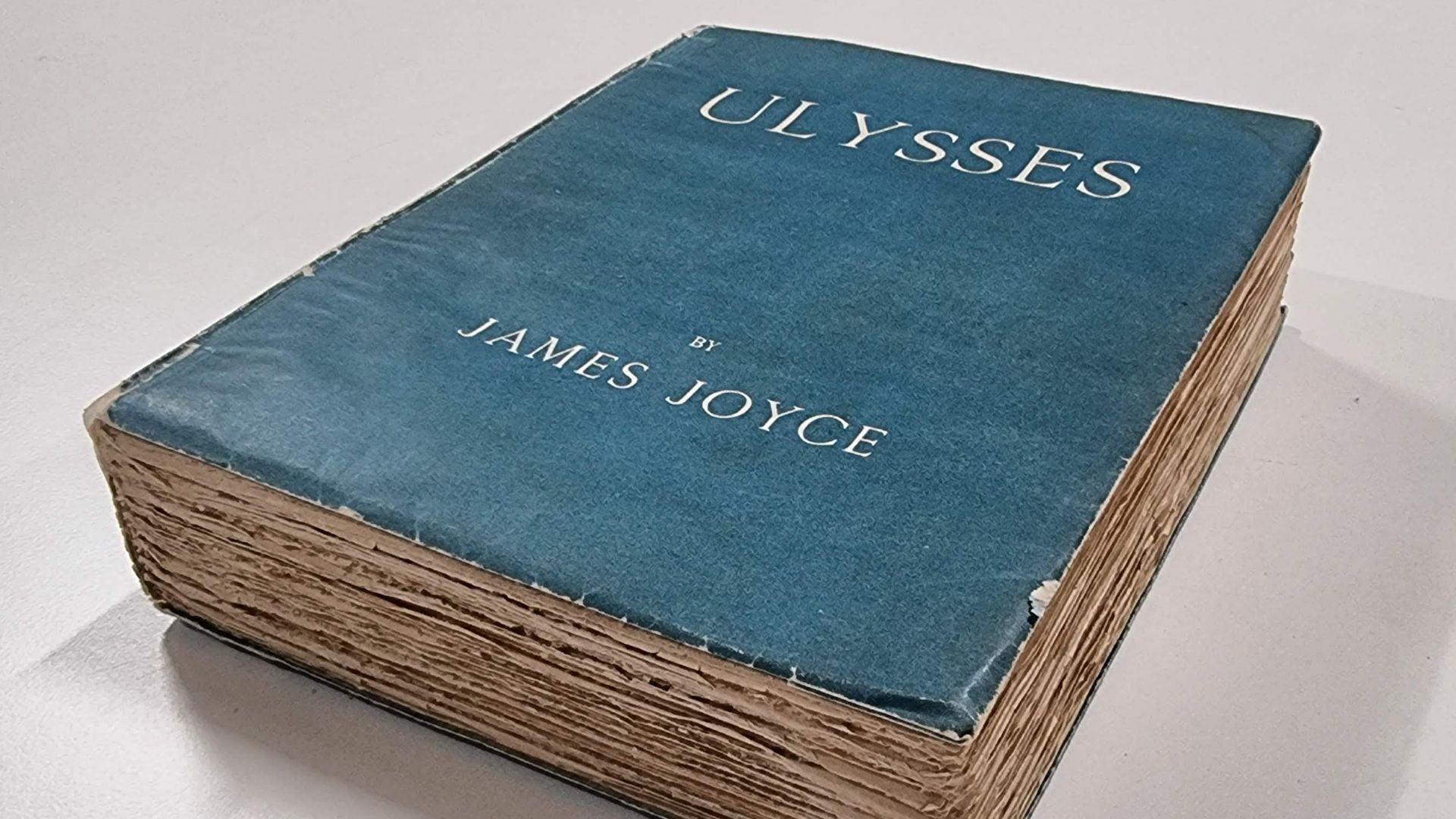 Geoffrey Barker, Wikimedia Commons
Geoffrey Barker, Wikimedia Commons
The Giving Tree By Shel Silverstein
Marketed as a sweet tale of unconditional love, this picture book quietly disturbs. The boy takes and takes, reducing the tree to a stump and never once asking why the giving never stops. It's often read with affection, but the real power lies in its discomfort.
 The Giving Tree by Shel Silverstein - Quick Review by The San Diego Review Guy
The Giving Tree by Shel Silverstein - Quick Review by The San Diego Review Guy
The Alchemist By Paulo Coelho
Too easily dismissed as pop spirituality, this novel works best when read symbolically. Santiago's journey focuses on listening to intuition and finding meaning in struggle. Beneath its simplicity lies a meditation on intuition and universal aspirations that connect personal dreams to human purpose.
 The Alchemist by Paulo Coelho Book Review by George Vlasyev
The Alchemist by Paulo Coelho Book Review by George Vlasyev
The Fountainhead By Ayn Rand
Many interpret it as a self-help anthem for rugged individuals, but The Fountainhead is more provocateur than blueprint. Rand's architect, Howard Roark, fights conformity and rejects compromise entirely. The novel's sharp edges challenge readers to weigh ethics and ego in a world that demands submission to the norm.
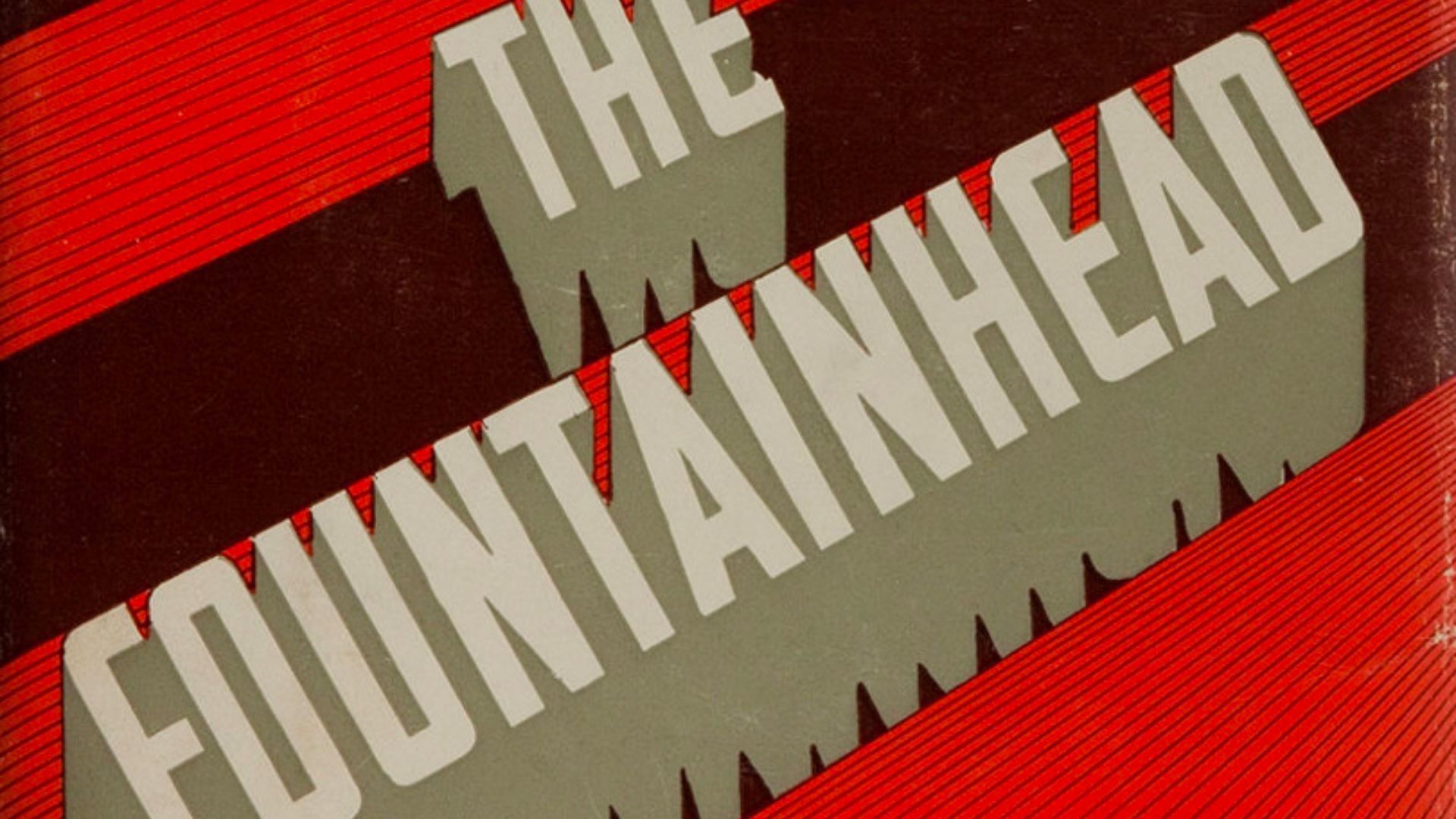 Published by the Bobbs-Merrill Company. Jacket designer uncredited., Wikimedia Commons
Published by the Bobbs-Merrill Company. Jacket designer uncredited., Wikimedia Commons
The Road By Cormac McCarthy
The Road seems to be about the wounds of an apocalypse, but it actually focuses on the tenderness that survives within it. McCarthy strips language to the bone, letting silence speak while a father and son carry the fragile torch of hope.
 Why you should read THE ROAD by Cormac McCarthy by William Dozier
Why you should read THE ROAD by Cormac McCarthy by William Dozier
Breakfast At Tiffany's By Truman Capote
Audrey Hepburn's film softened her, but the original Holly Golightly is more complex and less romanticized. Capote's novella presents a woman exploring identity and survival in a world that trades charm for attention. The book is about the illusion of freedom wrapped in pearls and wit.
The Little Prince By Antoine De Saint-Exupery
This delicate fable isn't written for children. It's for grown-ups who've forgotten they once were. The prince's journey across planets critiques vanity and loneliness, wrapped in whimsy. Every line invites reflection, and its lasting power lies in how it uses innocence to question the absurdity of adulthood.
 The Little Prince. Antoine de. Saint- Exupery. by PeterHarringtonBooks
The Little Prince. Antoine de. Saint- Exupery. by PeterHarringtonBooks
The Outsiders By S E Hinton
High schoolers often read it as a gang story, but Hinton wrote it to show what's beneath the stereotypes. Greasers and Socs are less about class warfare and more about emotional armor. Through Ponyboy's eyes, we see a longing for connection in a world that only teaches boys to fight.
 The Outsiders (Signed Copy) by S.E. Hinton Preview by tzsouravong39
The Outsiders (Signed Copy) by S.E. Hinton Preview by tzsouravong39
Of Mice And Men By John Steinbeck
Loneliness, not tragedy, forms the novel's beating heart. George and Lennie's bond offers rare tenderness in a brutal world. Steinbeck's Great Depression setting reveals how dreams of stability and dignity can be easily crushed with lives built on hope that never lands.
 Why should you read OF MICE & MEN by John Steinbeck? by William Dozier
Why should you read OF MICE & MEN by John Steinbeck? by William Dozier
Slaughterhouse-Five By Kurt Vonnegut
Slaughterhouse-Five is a fractured meditation on trauma. Billy Pilgrim becomes "unstuck in time" not to entertain but to cope. Vonnegut's war experience surfaces in nonlinear fragments, where comedy and horror blur. The novel's famous phrase—"so it goes"—is resignation from a world too painful to hold.
 Review of Slaughterhouse Five by Kurt Vonnegut! by DreamcastGuy
Review of Slaughterhouse Five by Kurt Vonnegut! by DreamcastGuy
The Trial By Franz Kafka
Arrested without explanation, Josef K stumbles through a legal maze with no exit. Kafka's tale is less about justice and more about dread and the sense that systems control us in ways we can't name. Bureaucracy becomes a stand-in for existential helplessness, and the true punishment is not understanding the rules.
 The Trial by Franz Kafka | BOOK REVIEW by Levity Books
The Trial by Franz Kafka | BOOK REVIEW by Levity Books
The Handmaid's Tale By Margaret Atwood
Often mistaken for prophecy, this novel is something colder: a mirror. Atwood pulls from real historical oppression, assembling a regime where women's autonomy is erased under the guise of morality. Gilead is chilling not because it's new, but because every part of it has already existed somewhere before.
 THE HANDMAID'S TALE BY MARGARET ATWOOD - BOOK REVIEW - Saumya's Bookstation by Saumya's Bookstation
THE HANDMAID'S TALE BY MARGARET ATWOOD - BOOK REVIEW - Saumya's Bookstation by Saumya's Bookstation
Invisible Man By Ralph Ellison
Ellison's narrator isn't literally invisible. As a matter of fact, he's unseen by a society that only sees stereotypes. As he explores race and power, his invisibility becomes a metaphor for erasure. The novel is layered with surrealism and satire, but at its core, it demands recognition of complexity and humanity.
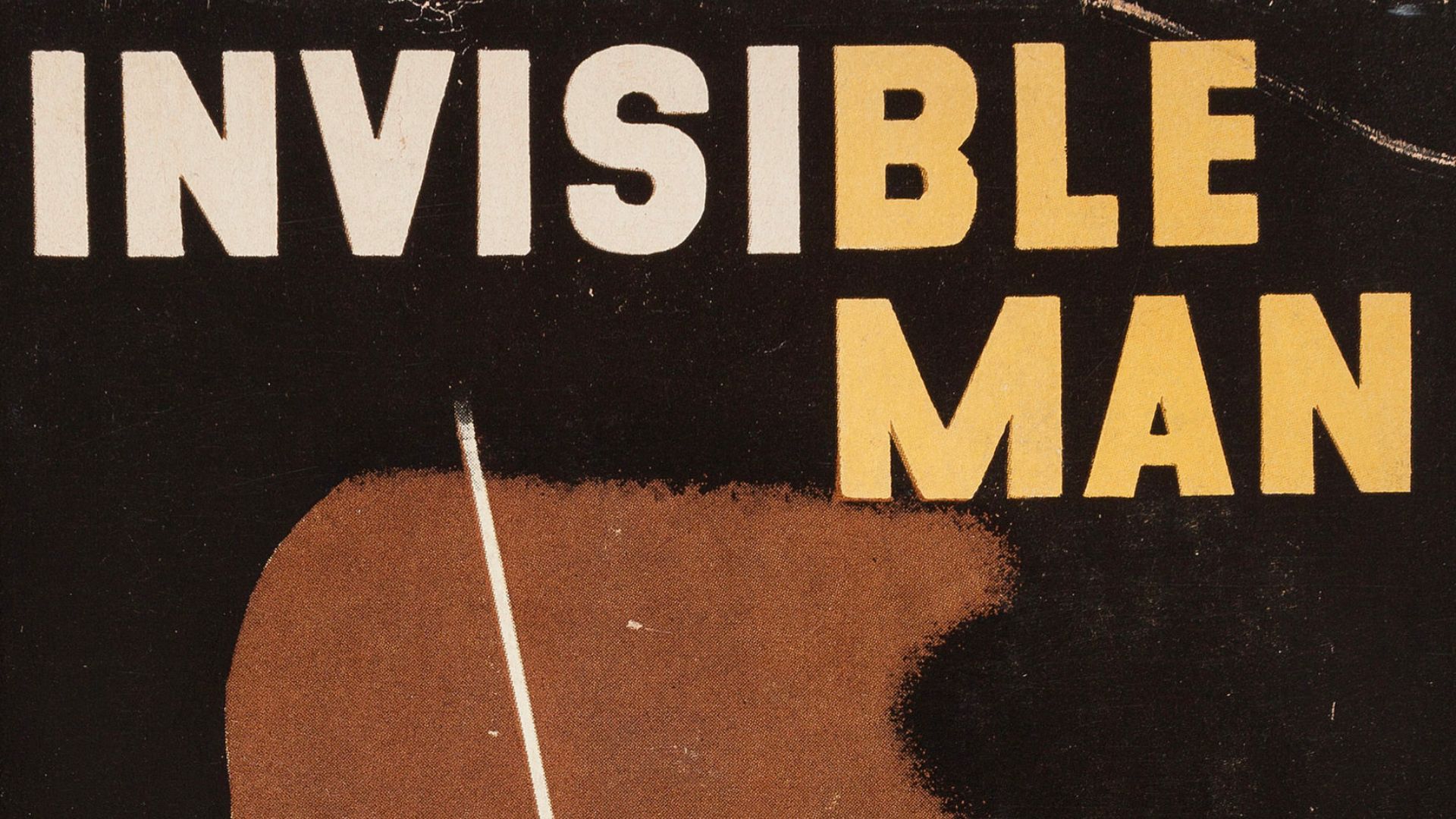 Dust jacket designed by E. McKnight Kauffer. Published by Random House., Wikimedia Commons
Dust jacket designed by E. McKnight Kauffer. Published by Random House., Wikimedia Commons
Gulliver's Travels By Jonathan Swift
The talking horses and tiny people distract from Swift's deeper rage. It seems like an adventure, but deep down, this novel is a scathing critique of politics, science, war, and human vanity. By the end, Gulliver prefers animals to people in a satire sharpened into despair.
Tropic Of Cancer By Henry Miller
Behind the novel's controversial reputation lies a wandering consciousness more interested in existence than the plot. Miller blends vulgarity with philosophical insight to reject structure as a form of rebellion. Tropic of Cancer speaks of isolation and how art gets made when life itself feels unfinished and absurd.
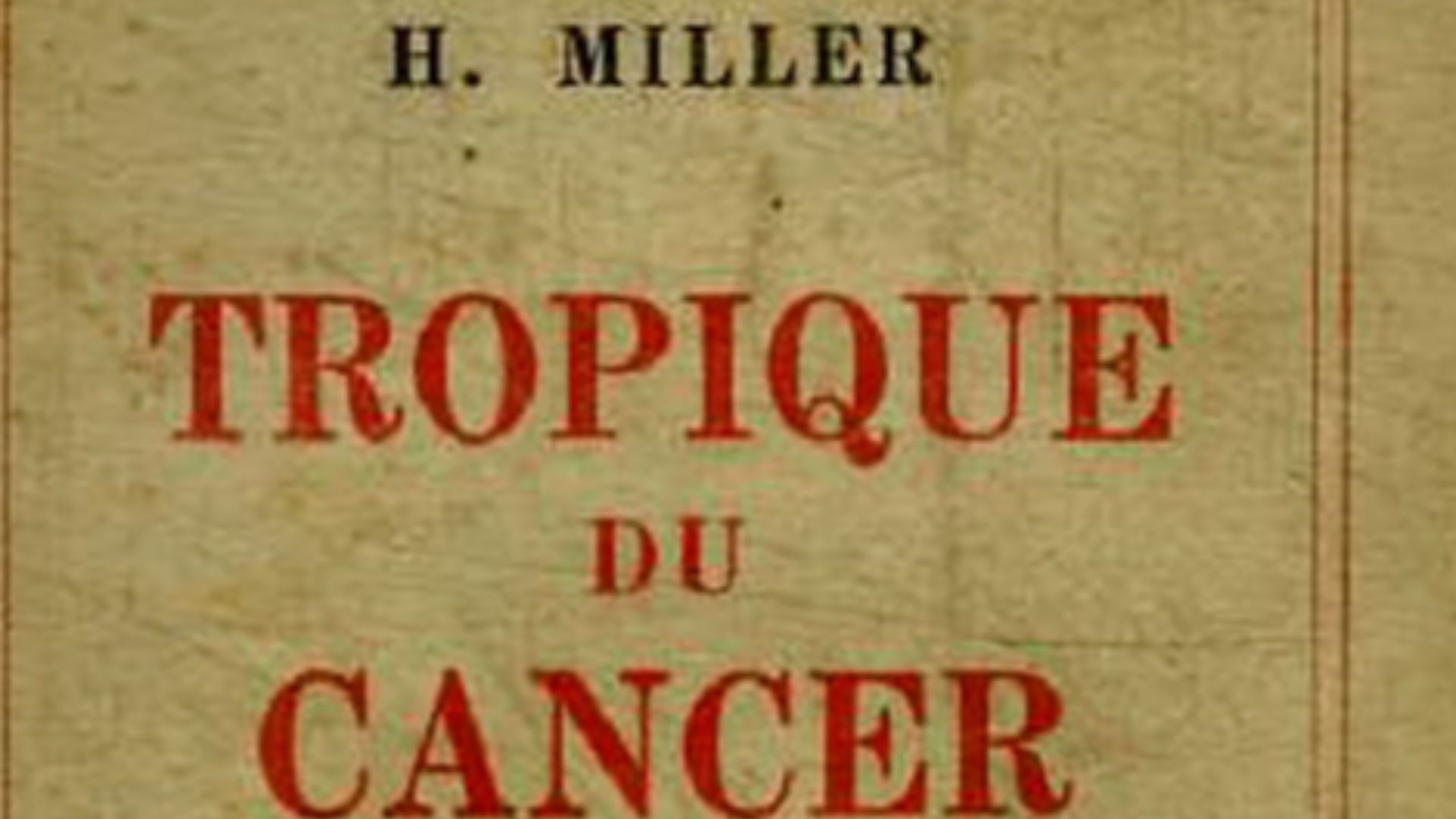 Éditions Denoël, Wikimedia Commons
Éditions Denoël, Wikimedia Commons
Blood Meridian By Cormac McCarthy
This is not a Western. It's more of an epic poem of violence carved into prose. McCarthy's Judge is a cosmic force and a philosopher of war. The novel refuses comfort or redemption, offering instead a meditation on destruction as destiny.
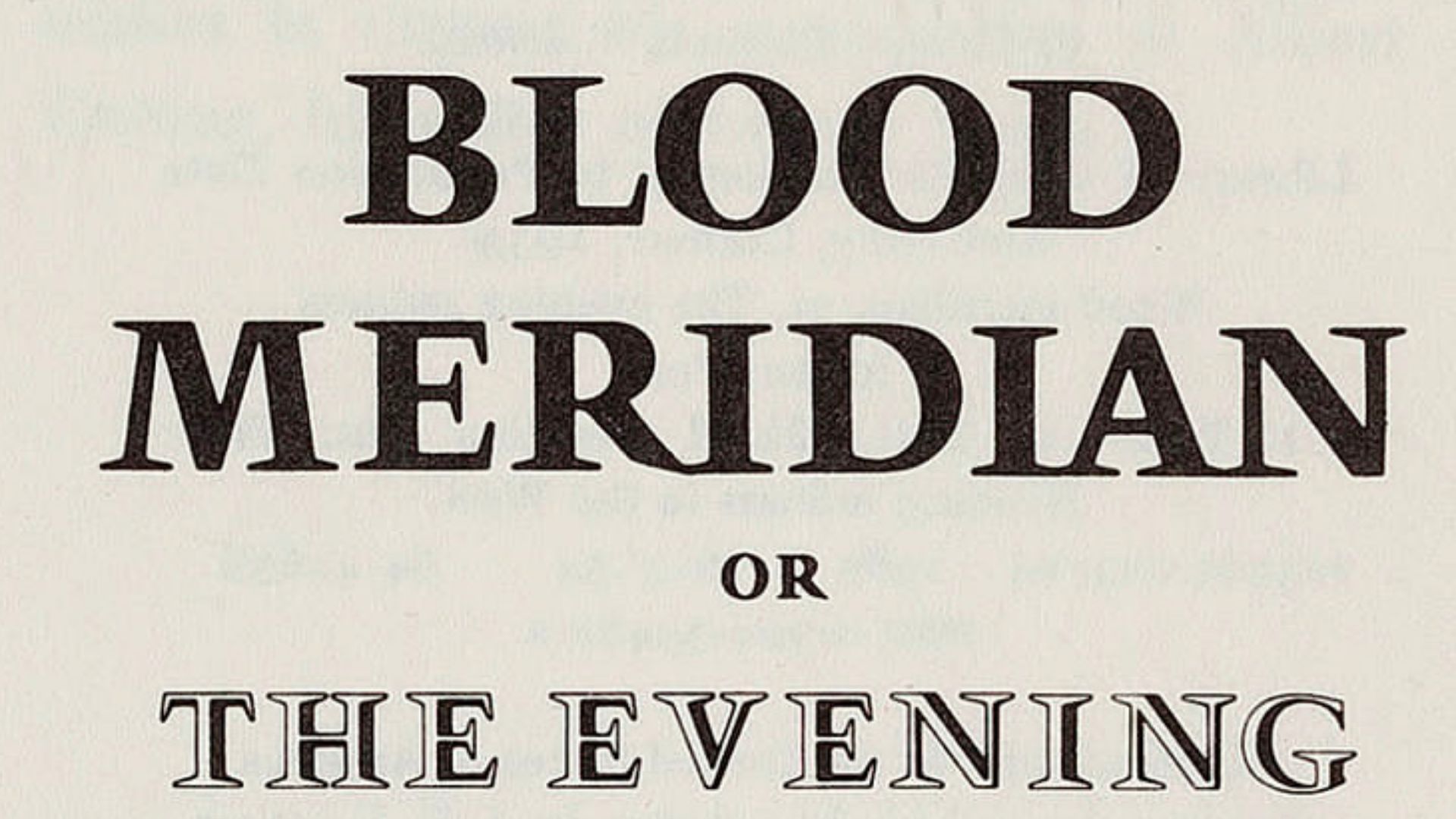 Published by Random House. From the copyright page:
Published by Random House. From the copyright page:
The Picture Of Dorian Gray By Oscar Wilde
Beauty conceals rot in Wilde's gothic tale of vanity unchecked. Dorian's preserved youth masks a soul decaying with every selfish act. Wilde exposes a society obsessed with appearances and terrified of truth. This book is a portrait of indulgence hollowing a man from the inside out.
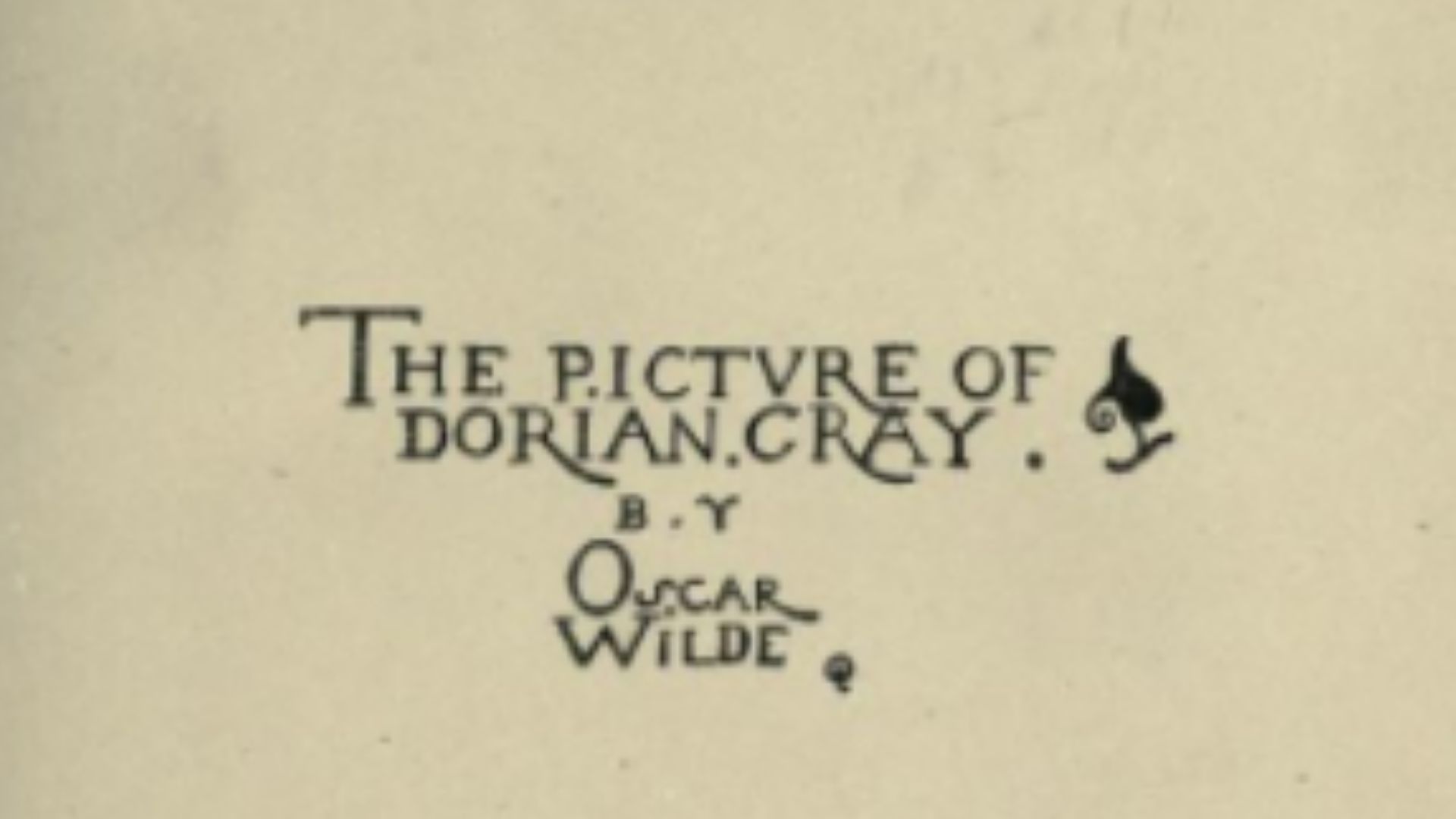 Charles Ricketts, Wikimedia Commons
Charles Ricketts, Wikimedia Commons
The Brothers Karamazov By Fyodor Dostoevsky
Faith and moral chaos collide in a family on the verge of collapse. Dostoevsky doesn't deliver answers as he puts free will and evil on trial. The novel's spiritual weight is matched by psychological depth. This makes it less about crime and more about the eternal struggles that define human nature.
 The Brothers Karamazov – Fyodor Dostoyevsky | Everyman's Library Collection by Pontus Presents
The Brothers Karamazov – Fyodor Dostoyevsky | Everyman's Library Collection by Pontus Presents
The Awakening By Kate Chopin
In an era of emerging feminist ideas, Edna Pontellier defied her role as wife and mother. Chopin's heroine finds an impossible choice, not just liberation. The novel confronts the cost of autonomy in a society that punishes women for wanting more than what's been quietly assigned to them.


